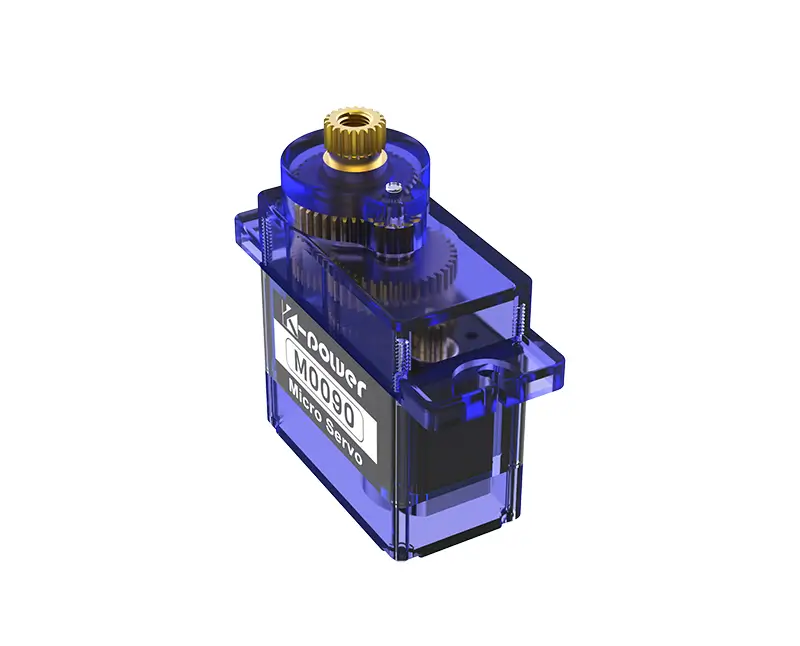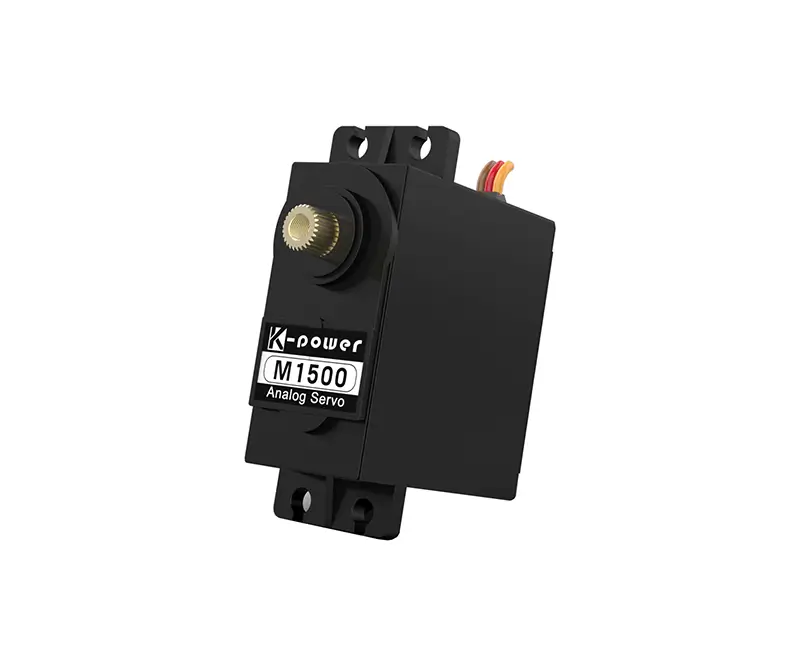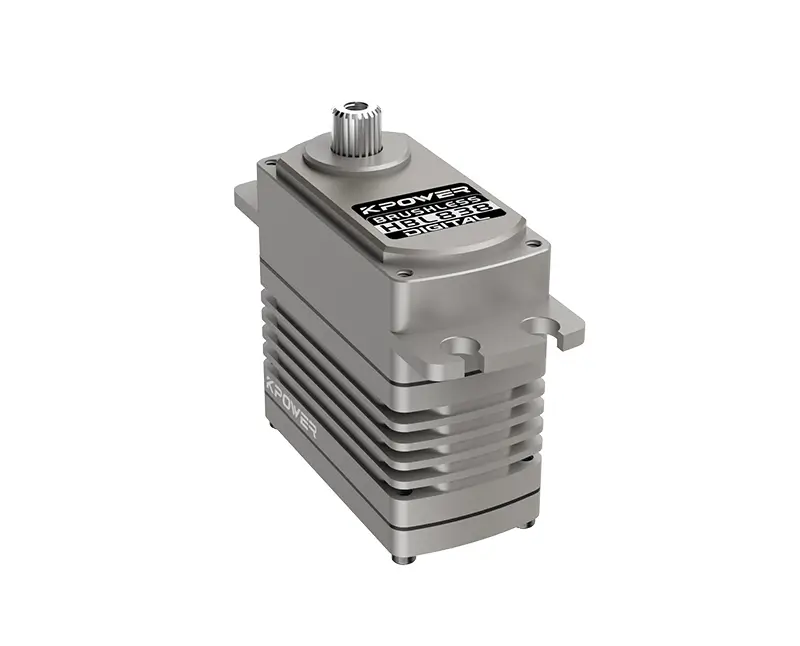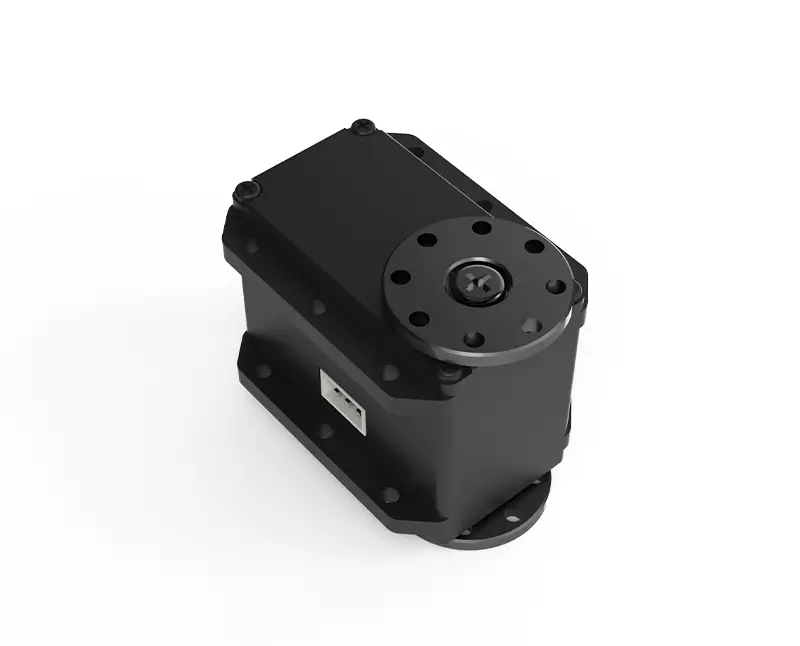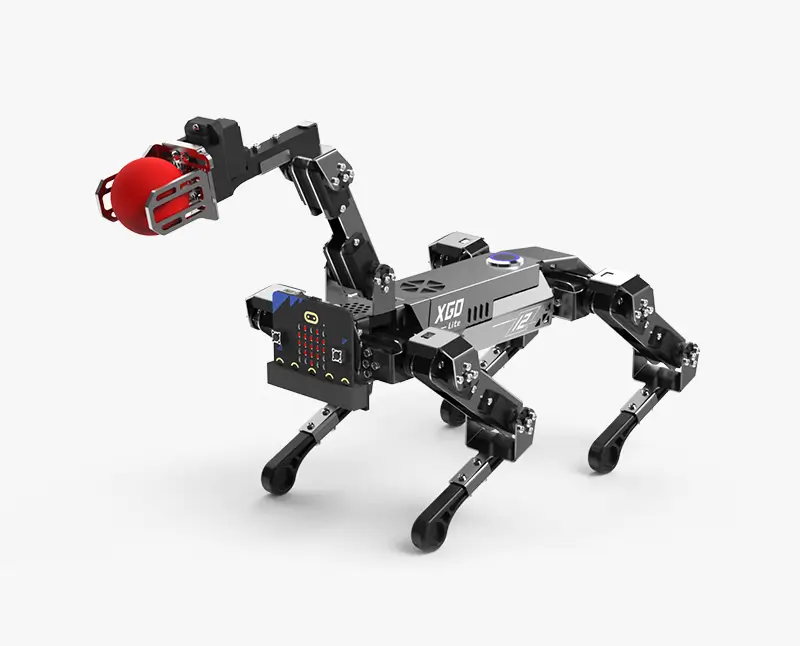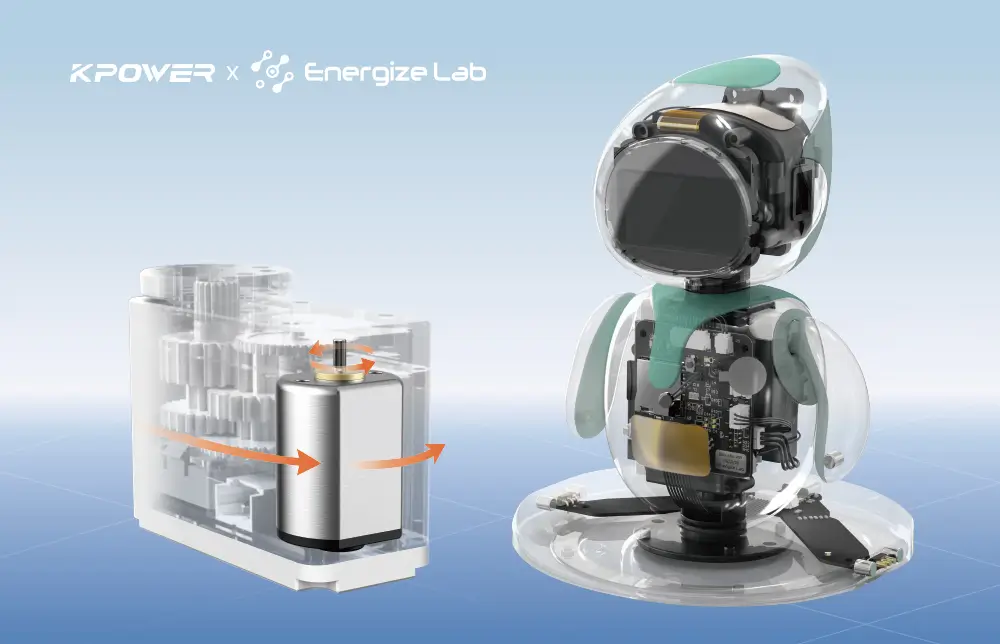The Engine of Innovation – Servo Motors in South Africa’s Industrial Growth
South Africa’s industrial sector is undergoing a quiet revolution, and at its heart lies a technology that combines precision, power, and adaptability: the servo motor. As industries across the nation strive to compete globally, servo motors have emerged as critical components in automation, energy efficiency, and advanced manufacturing. But what makes these devices so indispensable, and why are they gaining traction in South Africa’s unique economic landscape?
.webp)
What Are Servo Motors, and Why Do They Matter?
A servo motor is a high-performance device that enables precise control of angular or linear position, velocity, and acceleration. Unlike standard motors, servo systems use feedback mechanisms to self-correct in real time, ensuring unmatched accuracy. This makes them ideal for applications requiring meticulous movement, such as robotics, CNC machinery, and automated assembly lines.
In South Africa, where industries face challenges like fluctuating energy costs, labor shortages, and the need for global competitiveness, servo motors offer a solution. They reduce waste, optimize energy consumption, and enhance production speeds—key factors for sectors like mining, automotive manufacturing, and renewable energy.
Mining: Where Precision Meets Power
South Africa’s mining sector, a cornerstone of its economy, relies on heavy machinery to extract minerals from deep within the earth. Servo motors are increasingly being integrated into drilling equipment, conveyor systems, and ore-processing machinery. For example, Anglo American’s Mogalakwena platinum mine uses servo-driven automation to improve safety and efficiency in blasting and material handling. By minimizing human intervention in hazardous environments, these systems protect workers while boosting output.
Servo technology also plays a role in water management within mines. Advanced pump systems equipped with servo motors adjust flow rates dynamically, reducing energy waste in dewatering processes—a critical advantage in a country grappling with water scarcity.
Manufacturing: Building the Future, One Movement at a Time
South Africa’s automotive industry, which contributes 6.9% to the nation’s GDP, is another beneficiary of servo motor advancements. Companies like BMW South Africa and Toyota SA Motors use servo-driven robotic arms for tasks like welding, painting, and assembly. The precision of these systems ensures consistent quality, helping local manufacturers meet stringent international standards.
Beyond automotive, servo motors are revolutionizing food and beverage production. Cape Town-based packaging company Nampak uses servo-controlled machines to fill and seal containers at speeds of up to 300 units per minute. This agility allows manufacturers to respond swiftly to market demands while minimizing downtime.
Renewable Energy: Driving Sustainability with Smart Technology
As South Africa transitions to renewable energy, servo motors are proving vital in solar tracking systems and wind turbine pitch control. Solar farms in the Northern Cape use servo-driven trackers to adjust panel angles throughout the day, maximizing energy capture by up to 25%. Similarly, wind farms along the Eastern Coast rely on servo systems to optimize blade angles, ensuring efficient power generation even in variable wind conditions.
Local companies like SolarAfrica and Genesis Eco-Energy are partnering with global servo motor manufacturers to deploy these technologies, positioning South Africa as a leader in sustainable energy innovation.
The Local Ecosystem: Suppliers and Innovators
South Africa’s servo motor market is supported by a mix of international brands and homegrown specialists. Siemens, ABB, and Yaskawa have established regional hubs, offering cutting-edge products tailored to local needs. Meanwhile, South African firms like Zest WEG and ElectroMechanica are developing customized servo solutions for mining and agriculture.
Training initiatives are also bridging the skills gap. Institutions like the Tshwane University of Technology offer courses in mechatronics, equipping engineers with the expertise to design and maintain servo systems.
Overcoming Challenges and Embracing the Future of Servo Technology in South Africa
While servo motors are transforming industries, their adoption in South Africa isn’t without hurdles. From infrastructure limitations to cost barriers, businesses must navigate complex challenges to harness the full potential of this technology. However, with innovation and collaboration, the nation is poised to turn these obstacles into opportunities.
Challenges in Servo Motor Adoption
High Initial Costs: Advanced servo systems require significant upfront investment, deterring small and medium enterprises (SMEs). Technical Expertise: Operating and maintaining servo motors demands specialized skills, which are still scarce in some regions. Energy Infrastructure: Load-shedding and voltage instability can affect the performance of sensitive servo systems.
To address these issues, companies are adopting creative strategies. For instance, Johannesburg-based automation firm Adapt IT offers leasing models for servo equipment, allowing SMEs to pay in installments. Meanwhile, hybrid systems that combine servo motors with backup power solutions are gaining popularity in areas with unreliable electricity supply.
Case Study: Servo Motors in Agriculture
South Africa’s agricultural sector, which employs over 5% of the workforce, is leveraging servo technology to modernize operations. Precision farming equipment, such as servo-controlled irrigation systems and automated harvesters, is reducing water usage and labor costs.
In the Western Cape, wine producers like Nederburg use servo-driven sorting machines to separate grapes by size and quality during harvest. This not only improves yield but also enhances the reputation of South African wines in export markets.
Government and Private Sector Collaboration
The South African government’s Industrial Policy Action Plan (IPAP) identifies automation as a priority for economic growth. Incentives such as tax breaks for R&D investments are encouraging firms to adopt servo technology. Additionally, partnerships between universities and corporations are accelerating innovation. For example, the Council for Scientific and Industrial Research (CSIR) is working with Bosch Rexroth Africa to develop servo systems for smart factories.
The Road Ahead: Industry 4.0 and Beyond
The Fourth Industrial Revolution (4IR) is reshaping global manufacturing, and South Africa is no exception. Servo motors, integrated with IoT sensors and AI, are at the core of this transformation. Imagine a factory where servo-driven machines communicate with each other, predicting maintenance needs and adjusting production schedules autonomously. Companies like Sasol are already piloting such smart factories in Secunda, using servo systems to monitor chemical processes in real time.
Renewable energy projects will also benefit from AI-enhanced servo technology. Predictive algorithms could adjust solar panel angles based on weather forecasts or optimize wind turbine performance during storms, further solidifying South Africa’s role in sustainable energy.
Conclusion: A Vision of Precision and Progress
Servo motors are more than just components—they are enablers of South Africa’s industrial aspirations. From the depths of platinum mines to the cutting-edge factories of Gauteng, these devices are driving efficiency, safety, and sustainability. As the nation continues to invest in skills development, infrastructure, and innovation, servo technology will remain a linchpin of its economic future.
For businesses ready to embrace this revolution, the message is clear: precision isn’t just an advantage—it’s the key to unlocking South Africa’s potential on the global stage.
This two-part series highlights the transformative power of servo motors in South Africa, blending technical insights with real-world applications to engage readers across industries.


































.webp)
